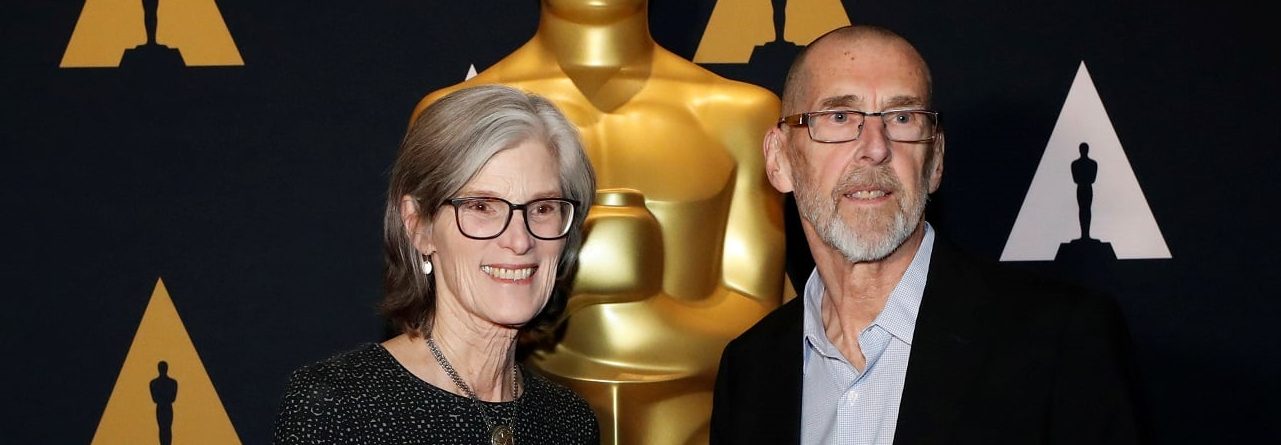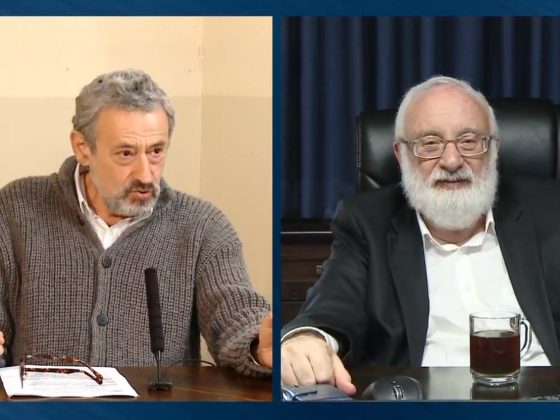“He who has a why to live for can bear almost any how,” said Friedrich Nietzsche.
A student of mine watched the film Life Overtakes Me, which tells the story of refugee children in Sweden who withdraw into a coma-like illness called “resignation syndrome” because of the uncertainties of their legal status. The student wondered how come children seem to “choose” death over life, although fear of death is purportedly the deepest, most primordial feeling.
This is where I think my student got it wrong: The fear of death is not the most fundamental fear, but rather the fear of life, or more correctly, the fear of life without a purpose!
“The feeling that we have no purpose in life is a powerful engine. It makes us question everything. Humanity’s greatest discoveries were made when people sought answers to life.”
The minute we live without a reason to live that is higher than life itself, we descend into a state that is below life. Animals have no such questions; they simply exist because they follow their instincts. Therefore, for them, existence is life.
Humans, on the other hand, need to know why they do what they do. Otherwise, they have no motivation to act, and all kinds of regressive phenomena occur, from substance abuse to depression, to resignation syndrome, and to suicide. The reason why suicide and other self-injurious behaviors are so common among humans and so rare among animals is that humans need a goal, a purpose in life, while animals do not. An aimless life is worse than death, so people prefer death to aimlessness.
Nevertheless, the feeling that we have no purpose in life is a powerful engine. It makes us question everything. Humanity’s greatest discoveries were made when people sought answers to life.
“Today, people seem to have everything they need to lead a great life, but they have no reason to live. Therefore, they wonder what life is for.”
Today, people seem to have everything they need to lead a great life, but they have no reason to live. Therefore, they wonder what life is for.
This question is the most essential question one can ask, since the answer is not within us, but between us. The reason for our existence is our value in the network that comprises humanity. Each of us is a unique part in this network, and no one can fill the cavity created when one of us is missing. The greater our contribution to the strength of the net, the greater our value as individuals.
“We can establish a balanced society, whose members are content and happy, yet do not exploit other people or the environment, only when each of us cares for others and we find our happiness in our connection with others, where we can realize our personal potential for the benefit of society and the entire world.”
This is why today, sociologists and psychologists are discovering that the key to happiness is the quality of our social ties. Only when we have positive social ties, when each of us realizes his or her potential for the benefit of the entire human ecosystem, only then are we truly happy and at the same time contribute to our communities, our countries, and the world.
We can establish a balanced society, whose members are content and happy, yet do not exploit other people or the environment, only when each of us cares for others and we find our happiness in our connection with others, where we can realize our personal potential for the benefit of society and the entire world.










